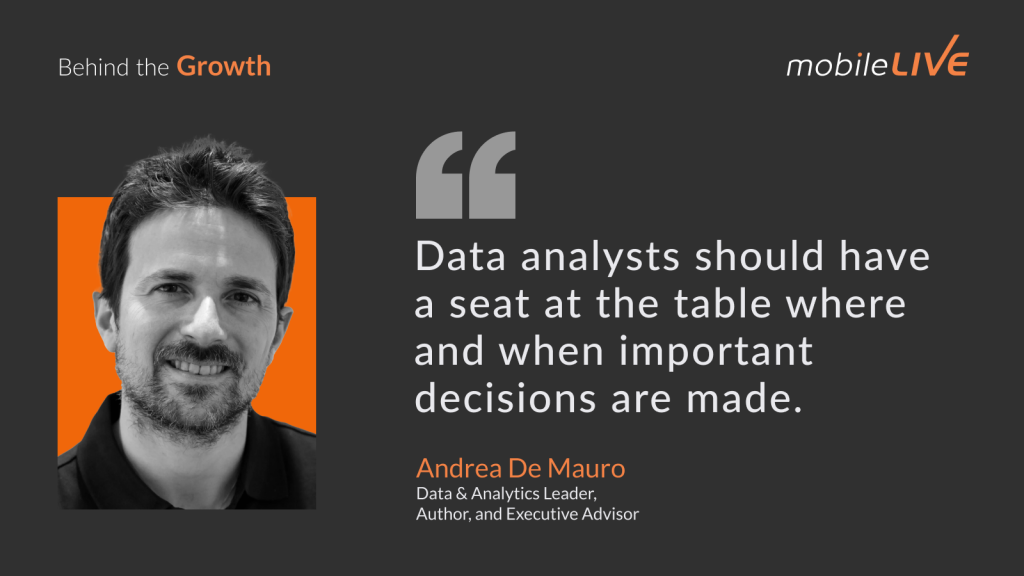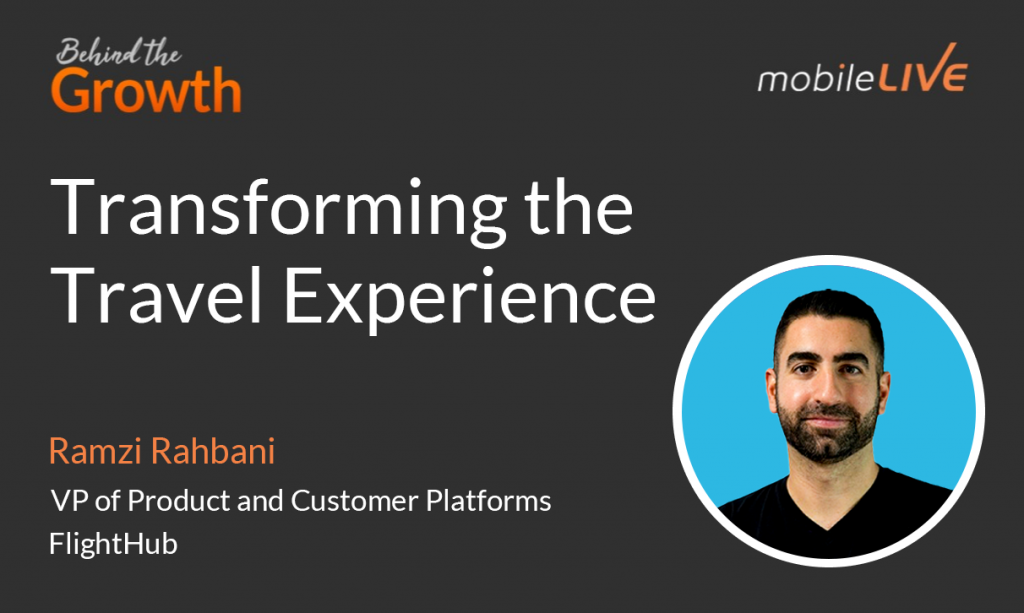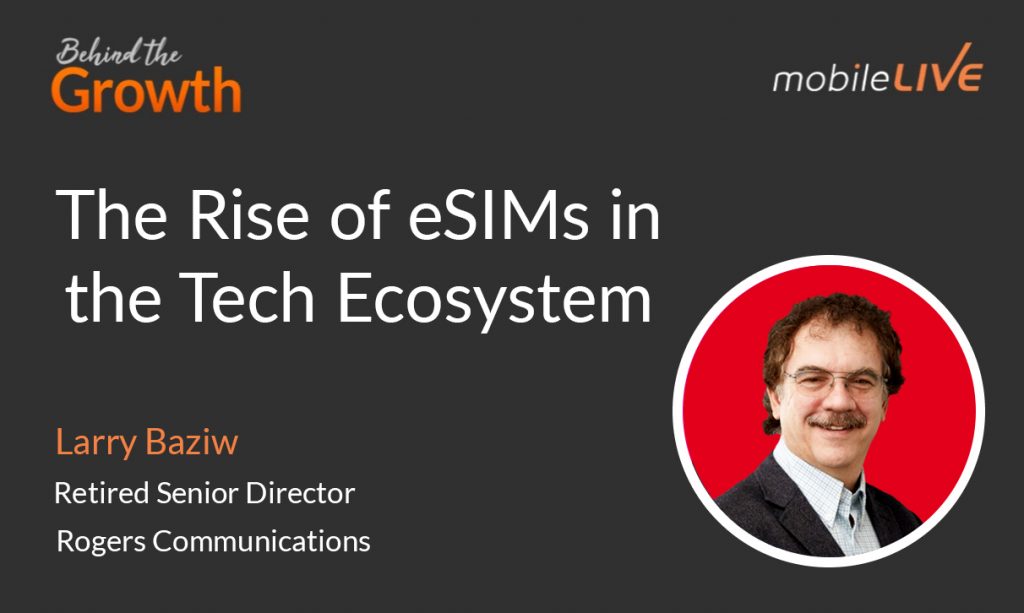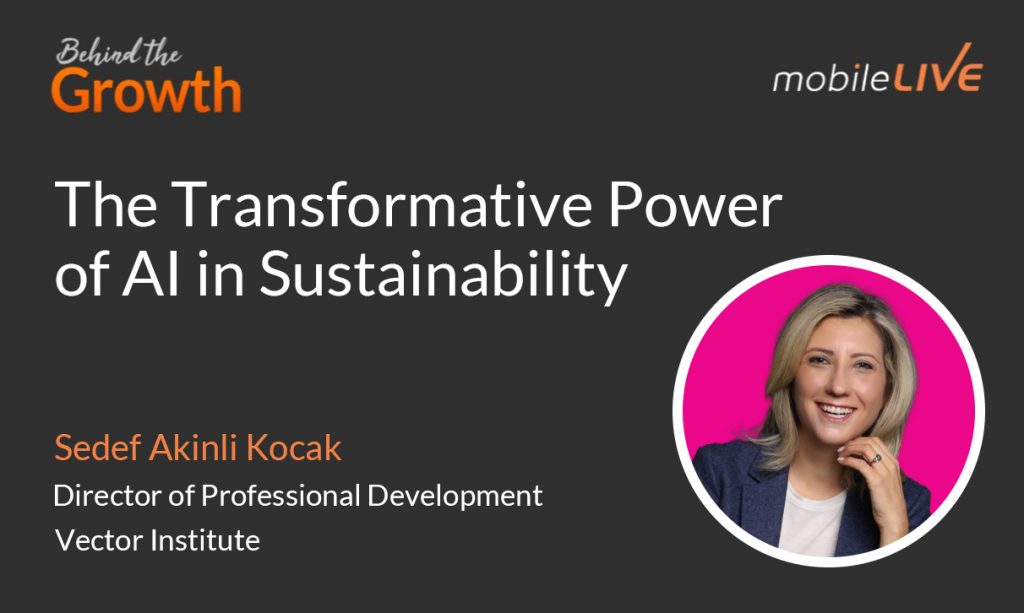Key Insights
Cultural Shift in Data Transformation
Andrea emphasizes that transforming data within organizations is less about the technology and more about cultural and organizational change. He points out that while the narrative often focuses on algorithms and their capabilities, the real challenge lies in managing the human aspect of these transformations, including talent management, organizational structure, and fostering a data-inclusive culture.
Ethical Use and Governance of AI
The discussion highlights the importance of ethical AI, stressing that it requires a clear understanding of AI’s applications and impacts. Andrea suggests that organizations should codify AI capabilities and implement ethical guidelines to ensure responsible usage. He underlines training and fluency in AI concepts across the organization to navigate ethical considerations effectively.
Evolving Role of Managers with AI
Andrea talks about how the introduction of AI is changing the role of managers, particularly in decision-making processes. He advises that managers need to adapt by learning to trust algorithmic recommendations and encouraging data-driven decision-making. Additionally, addressing the frustrations and development needs of data professionals is crucial for managers to lead effectively in the AI-driven landscape.

Episode Highlights
Andrea’s Professional Journey and Passion for Data
Andrea De Mauro shares his extensive experience in data and digital transformation across various industries, highlighting his time at Procter & Gamble and Vodafone Italy. His journey reflects a deep passion for understanding and leveraging data to enhance consumer experiences and business operations.
“And for the last 18 years, I had the opportunity to see challenges related to data application, data analytics across different industries and in very different contexts for the world.”
The Human Challenges Beyond Analytics
The conversation shifts focus to the human-centric issues organizations face with the advancement of Gen AI, underscoring that the core challenges are cultural and organizational rather than purely technological.
“It may seem counterintuitive, but the process of data transformation is primarily a human challenge and is related to organization and culture more than to technology and data and data itself.”
The Importance of Ethical AI and Governance
Andrea discusses the significance of ethical AI, stressing the need for clear guidelines, governance, and understanding of AI’s applications and impacts on society.
“So ethical use of AI is possible only when, first of all, you have a very clear understanding of what you’re using AI for. And this means that the AI capabilities, they need to be codified.”
The Future of Work with AI
The dialogue explores how AI reshapes the future of work, emphasizing human-AI collaboration and the amplification of human creativity through technology.
“In the age of AI, humans can become more human, can do more human stuff, and delegate more boring pieces of work to machines.”







